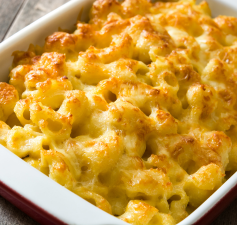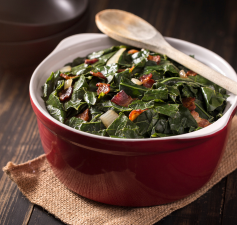A Taste of Love and Remembrance
When we gather to mourn the loss of a loved one, food often plays a central, comforting role. The casseroles, sandwiches, and sweet treats that appear seemingly out of nowhere speak volumes about our need to nurture and be nurtured in times of grief. But have you ever wondered why food is such a staple at funerals, wakes, and shiva gatherings? Let's take a culinary journey back in time to explore the fascinating history behind these traditions.
The connection between food and funerals dates back millennia. Ancient cultures often believed that sharing a meal with the deceased was a way to honor them and help guide their spirits to the afterlife. In some traditions, food was even placed in tombs as sustenance for the journey.
Food brings people together on many different levels. It’s nourishment of the soul and body; it’s truly love.
Giada De Laurentiis
Around the world, funeral food customs vary widely, reflecting the unique beliefs and culinary traditions of each culture. In some cultures, specific foods are associated with mourning, such as bagels and lox in Jewish tradition or kolaches (sweet pastries) in Czech customs. These dishes often hold symbolic meaning and provide a sense of continuity and connection to ancestors.
In many cultures, the act of preparing and sharing food after a funeral is a way for the community to come together to support the grieving family. It's a tangible expression of love and care, and it helps to alleviate the burden of cooking during a difficult time.
Beyond its symbolic significance, funeral food often includes comforting, familiar dishes that evoke memories and provide a sense of warmth and security. Think of the classic casserole, the hearty soup, or the beloved dessert. These foods offer a taste of home and a sense of normalcy during a time of upheaval.
While traditional funeral foods still hold a place of honor, modern approaches are evolving. Many families now opt for potlucks, where friends and loved ones contribute a variety of dishes, or caterers who offer personalized menus that reflect the deceased's favorite foods.
Whether it's a simple sandwich or an elaborate feast, the food we share at funerals transcends its basic function of nourishment. It becomes a vehicle for connection, remembrance, and comfort. The next time you gather around a table to celebrate the life of a loved one, take a moment to savor the flavors and appreciate the rich history behind this enduring tradition.




